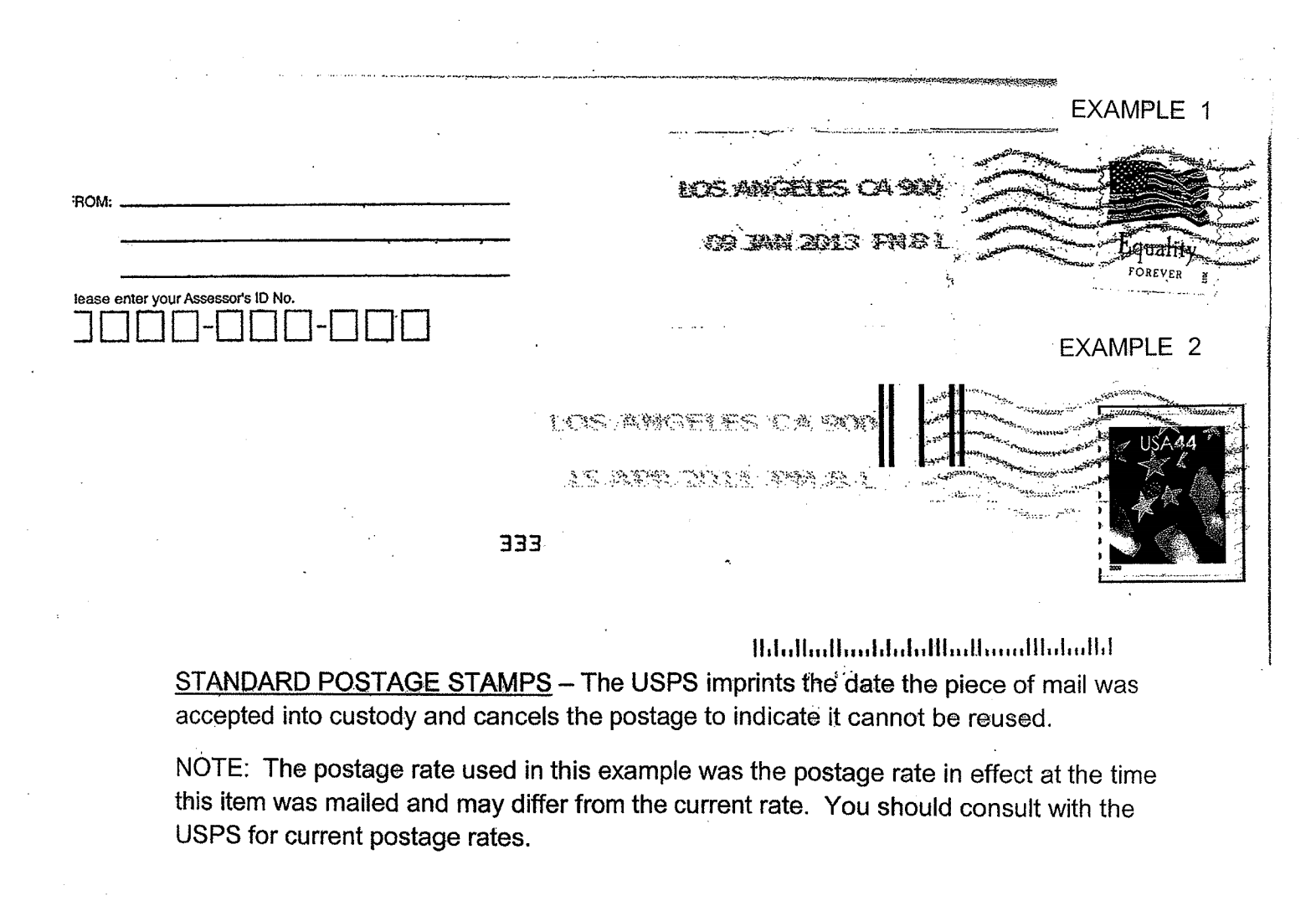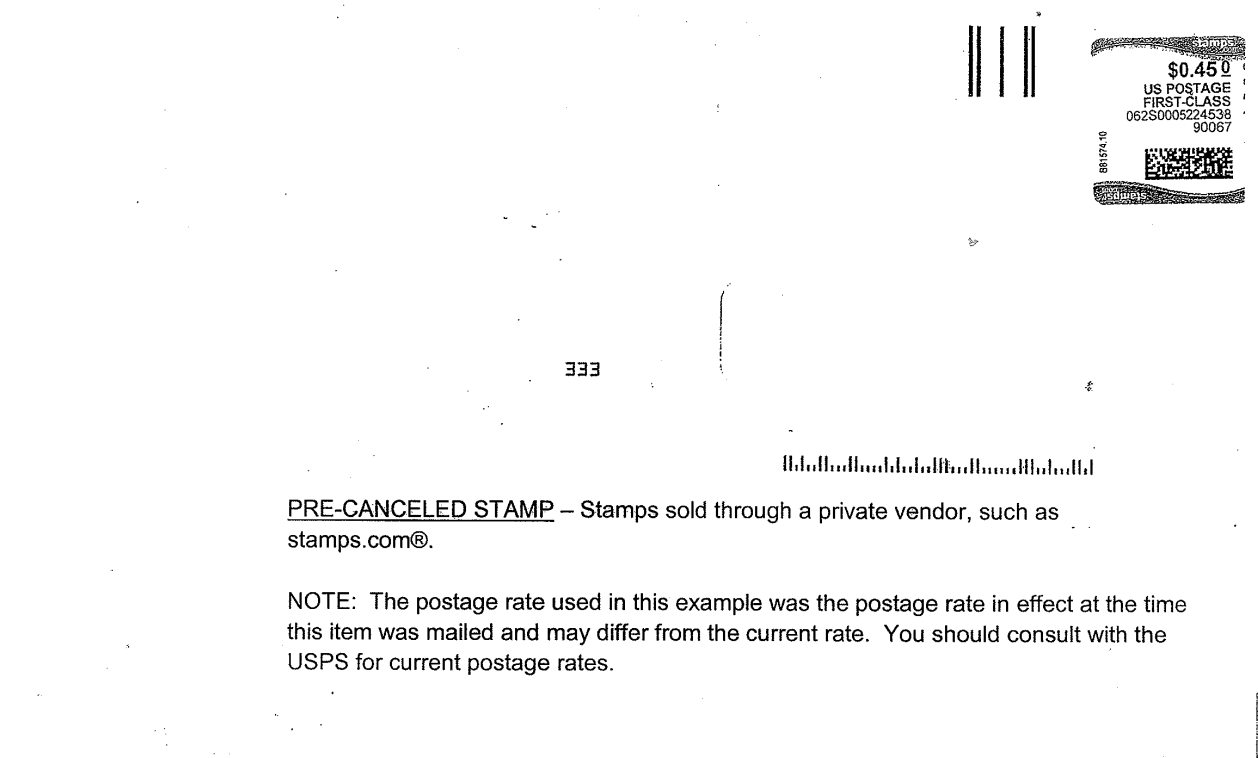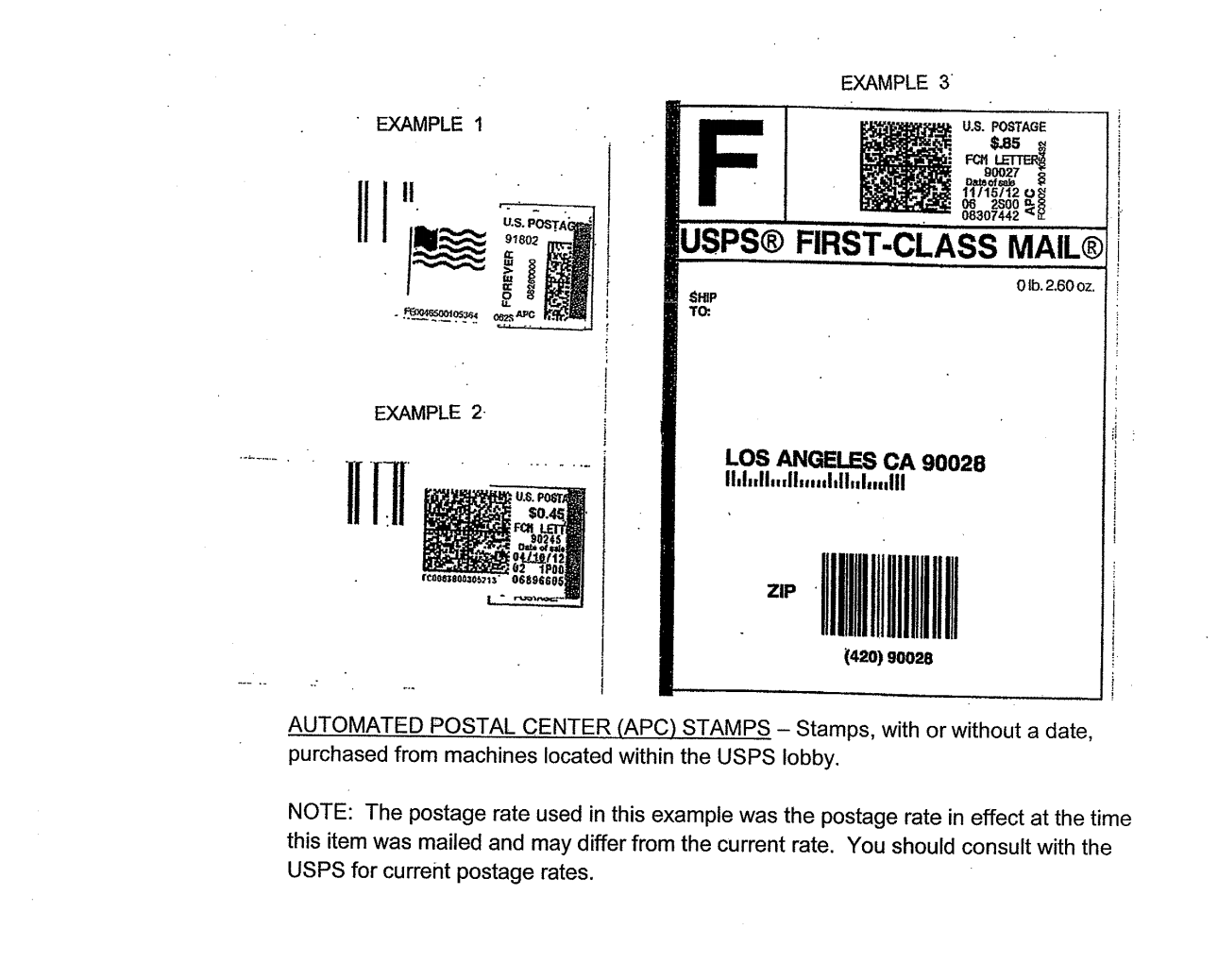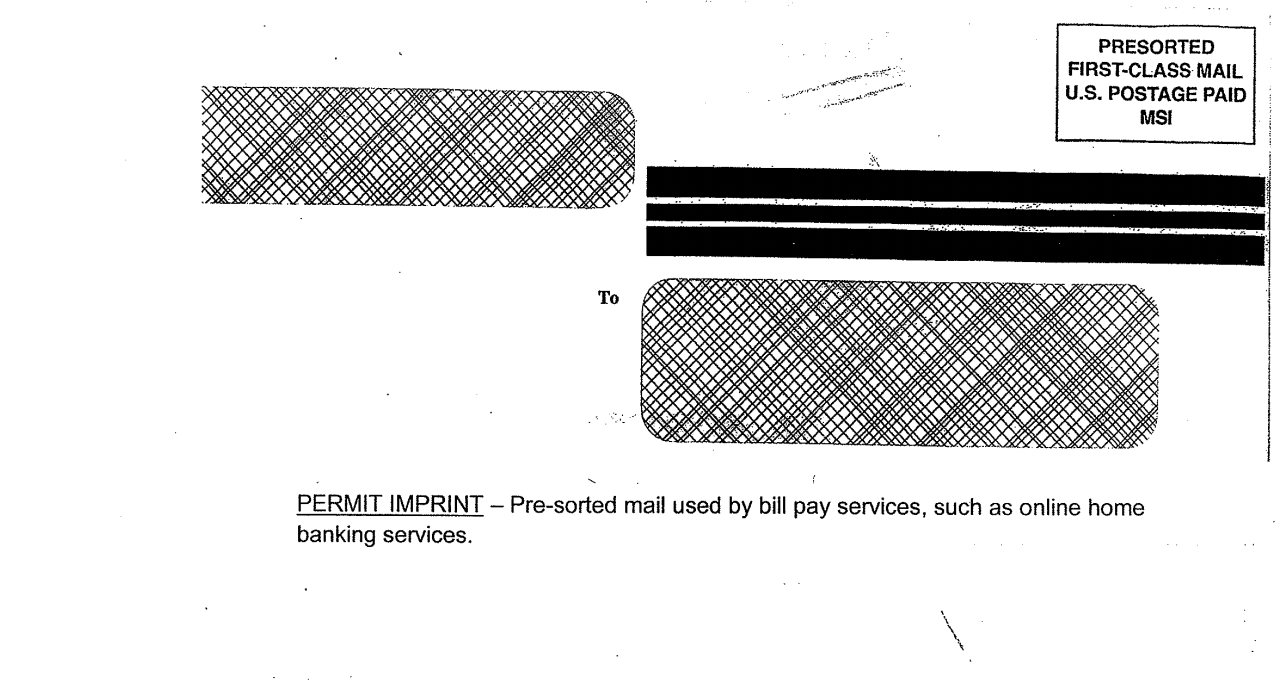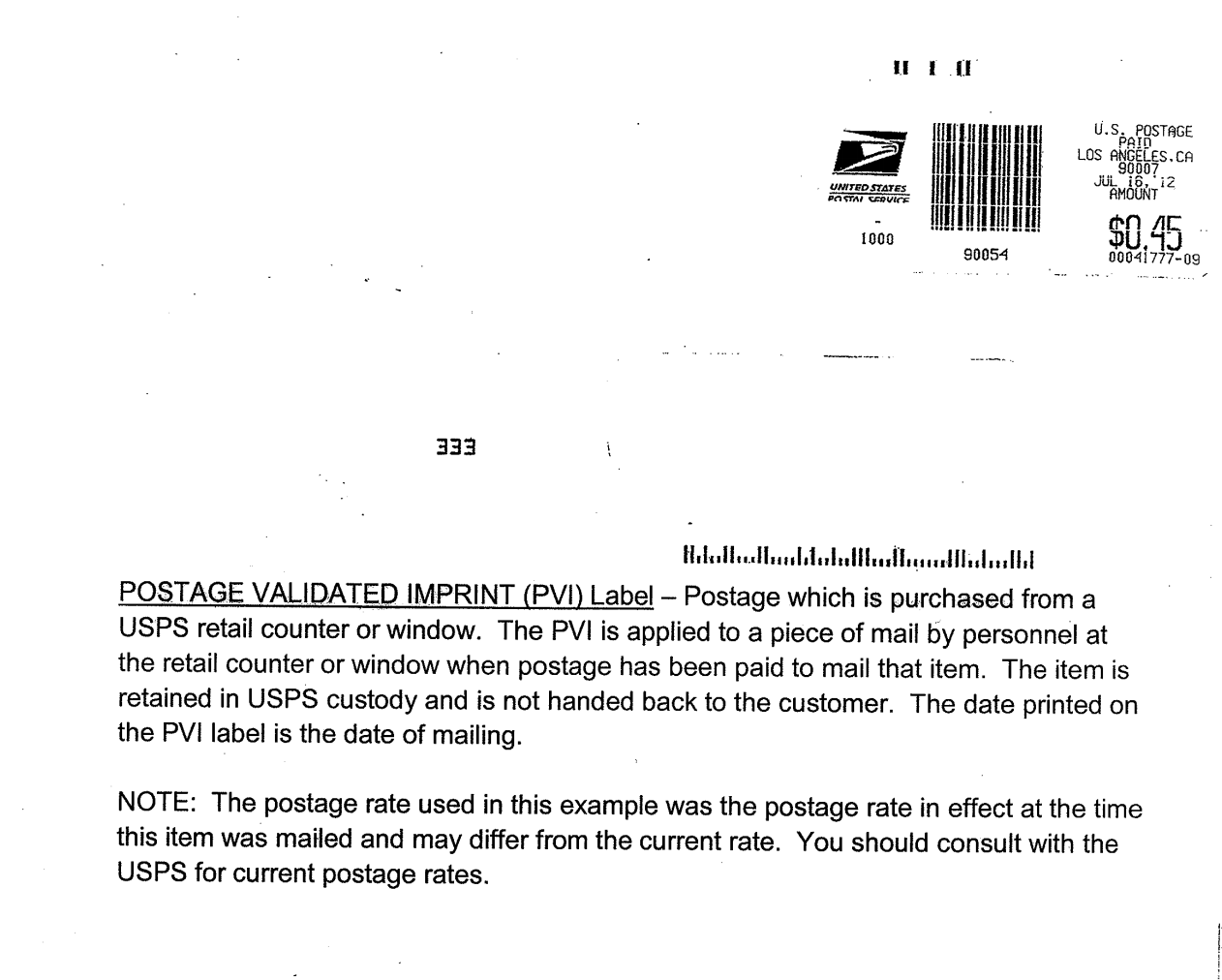Wildfires and Other Emergencies
Frequently Asked Questions (FAQ) for
Wildfires and Other Emergencies
Implications to Property Assessments/Tax Bills
The Assessor recommends that the property owner file an Application for Reassessment of Property Damaged or Destroyed by Misfortune or Calamity (M&C) claim, Form ADS-820 with their office within 12 months from the date the property was damaged or destroyed. The property owner must have owned the property as of January 1 of the calendar year following the event, and the estimated property damage must be at least $10,000. Property owners who have acquired their property after January 1 of the calendar year following the event, may also file an M&C Claim if they are liable for the property taxes for the following fiscal tax year (July 1 to June 30). The M&C Claim form is available on the Assessor’s website at assessor.lacounty.gov/tax-relief/disaster-relief.
The filing of an M&C Claim serves two purposes. First, it serves as a request to the Assessor to reassess the value of the property damaged or destroyed by the calamity. Second, it allows the Treasurer and Tax Collector (TTC) to ensure that taxpayers who pay property taxes directly (not through an impound account with a mortgage lender) can defer their current year property taxes, without incurring penalties. Thus, there is no need to file a separate penalty cancellation request with TTC.
In determining whether to file an M&C claim, the Assessor recommends that you consider all damage resulting from the event. A property qualifies for tax relief if the total combined loss in current market value totals $10,000 or more. If in doubt, we recommend that you submit an M&C Claim.
No. The M&C Claim can be utilized for damages to real and personal properties (i.e., movable assets such as mobile homes, business personal property, boats, and planes) that are billed and collected as Unsecured Property Taxes. The M&C Claim captures information on each property type.
The reduced value remains in effect until the property is fully repaired, restored or reconstructed. If the full cash value of the new replacement improvement does not exceed 120 % of the full cash value of the older damaged or destroyed improvement, then the trended base year value of the prior damaged or destroyed improvement will be restored without any adjustment. If the full cash value of the replacement property exceeds 120 percent, the amount of full cash value above 120 percent is added to the destroyed improvement’s trended base year value.
If you have filed an M&C claim and you pay your property taxes directly to the TTC (not through a mortgage lender with an impound account), the TTC recommends that you DO NOT pay the outstanding installment(s) for the Annual Secured Property Tax Bill, which the TTC mails to you annually in October. The reason for this is that the filing of an M&C Claim serves as a request to the Assessor to reassess the value of the property damaged or destroyed by the calamity; additionally, it also serves as a request to the TTC to defer payment of the Annual Secured Property Tax Bill, without penalty or interest.
Once an M&C claim has been approved, the Auditor-Controller (A-C) will recalculate the secured property taxes and the TTC will issue an ADJUSTED Annual Secured Property Tax Bill. The ADJUSTED bill will reflect the Assessor’s reassessment of the property’s assessed value (if any), and the property tax amounts due may be less than those of the original bill you received in October. This ADJUSTED bill may be payable in two installments. The first installment will be due at the end of the month following the date of the issued bill, and the second installment will be due four months later.
An M&C claim should be completed even if one or both installments have been paid. Once a determination has been made on the M&C claim by the Assessor the property tax roll will be adjusted, the A-C will recalculate the secured property taxes, and the TTC will issue an ADJUSTED Annual Secured Property Tax Bill. Any reduction in the property’s assessed value will result in a reduction in the property tax amounts owed. The A-C will refund the difference between the original property tax amounts paid and the adjusted property tax amounts owed.
Yes. Impacted property owners with impound accounts should still file an M&C claim.
No. For property owners who pay their property taxes through an impound account, the filing of an M&C claim only serves the single purpose of requesting the Assessor to reassess the value of the property damaged or destroyed by the calamity. It does not serve to request the TTC to defer current year property taxes. Also, the lender will likely have paid the first installment. As described previously, after property owners file the M&C Claim, the TTC will issue an ADJUSTED Annual Secured Property Tax Bill. Prior to the second installment delinquency date of April 10, the TTC will send all mortgage lenders the current tax liability for each property, for which they maintain an impound account. You should contact your mortgage lender, if you have not already done so, and discuss the procedures your mortgage lender has in place regarding adjustments to tax liabilities processed within the fiscal tax year.
Property owners impacted by the wildfires are not required to request a penalty cancellation. On January 16, 2025, the Governor signed an Executive Order suspending penalties, costs, and interest on late property tax payments for properties impacted by the wildfires in ZIP codes 90019, 90041, 90049, 90066, 90265, 90272, 90290, 90402, 91001, 91040, 91104, 91106, 91107, 93535, 93536, 91024, 91103, or 91367. This suspension will remain in effect until April 10, 2026, for secured and unsecured property taxes due in calendar year 2025. A copy of the executive order can be found here.
Property owners outside the impacted zip codes who are unable to pay their property taxes may submit a penalty cancellation request online at ttc.lacounty.gov for up to four years.
The TTC, in compliance with State law, offers property owners who defaulted on their Secured Property Taxes to enroll in an Installment Plan of Redemption (Five-Pay Plan), which allows them to pay their defaulted taxes throughout a five-year period. If property owners entered into a Five-Pay Plan prior to the wildfire or other emergency, the Plan requires that they pay their Annual Secured Property Tax Bill and the Five-Pay Plan’s installment payment due, no later than April 10, of each fiscal tax year. However, if property owners file an M&C claim and the TTC issues an ADJUSTED Annual Secured Property Tax Bill with a new due date after April 10, the TTC will consider their Five-Pay Plan in good standing as long as that revised bill is paid by the new delinquency date printed on the bill.
The Assessor values unsecured personal property as of the statutory lien date, January 1, of each fiscal tax year. The TTC mails the Annual Unsecured Property Tax Bill beginning March 1, and bills become delinquent if not paid by August 31, but may be prorated based on the date of the event. Because the wildfire or other emergency occurred after the lien date of January 1, the filing of the M&C claim will not impact the following fiscal tax year Unsecured Property Tax Bills’ due dates or amounts due but may result in a proration of taxes and a possible partial refund. If you file an M&C claim and the Assessor approves it, and if you owned the property as of January 1, the assessed value of the unsecured personal property may be reduced or eliminated for the following Annual Unsecured Property Tax Bill.
The Application for Reassessment of Property Damaged or Destroyed by Misfortune or Calamity provides temporary tax relief to negatively impacted property owners until their property is fully repaired, restored or reconstructed. The Decline-in-Value Review, authorized by Proposition 8, provides for a temporary reduction to the property’s assessed value for reasons other than misfortune, calamity or disaster.
Information on how to change a mailing address is available on the Assessor’s website at assessor.lacounty.gov/homeowners/change-mailing-address.
Rely on your common sense. If something does not make sense to you, ask for a business card or request additional information and then take steps to verify the firm and the representations its agents have made to you. Occasionally, it is necessary for an appraiser from the Assessor to visit and physically inspect property for assessment purposes. Appraisers carry their official County of Los Angeles photo identification. You should not admit any person claiming to work for the Assessor to your property if they cannot show their official County photo identification. Also, beware of government imposters – persons who identify themselves as City, County, or State staff – who ask you for information that is out of the ordinary, e.g., personal identification or financial information.
With the Homeowner Alert Service (e-Notification), you can register your email address now to be alerted whenever a foreclosure, transfer of title, or mortgage is recorded on your property with the Los Angeles County Registrar-Recorder/County Clerk. This notification allows property owners a means to identify potential real estate fraud activity, such as a fraudulently recorded deed. In the future, additional features like submittable forms will become available. Information on how to register is available on the Assessor’s website at assessor.lacounty.gov/news-information/enotification.
The County of Los Angeles Department of Consumer and Business Affairs also has important information available on its website regarding real estate fraud (dcba.lacounty.gov/portfolio/homeowner-notification-program-2/) and measures you can take to protect yourself from post-disaster scams (dcba.lacounty.gov/newsroom/protecting-yourself-after-the-disaster/).
Contact the Assessor at:
- Download an M&C claim at:
https://assessor.lacounty.gov/tax-relief/disaster-relief - For questions or status, contact Misfortune and Calamity Unit
Online: https://assessor.lacounty.gov/contact/assessor
Email: relief@assessor.lacounty.gov
Telephone: (213) 974-8658
Assessor
- Misfortune and Calamity Unit
(213) 974-8658
Email: relief@assessor.lacounty.gov
Auditor-Controller
- Property Tax Services Division
Telephone: (213) 974-8368
Email: Propertytax@auditor.lacounty.gov
TTC
- File a Penalty Cancellation Request at:
https://ttc.lacounty.gov/penalty-cancellation-request-2/
- Submit Public Inquiries at:
https://ttc.lacounty.gov/public-inquiries/
Telephone: (213) 974-2111



